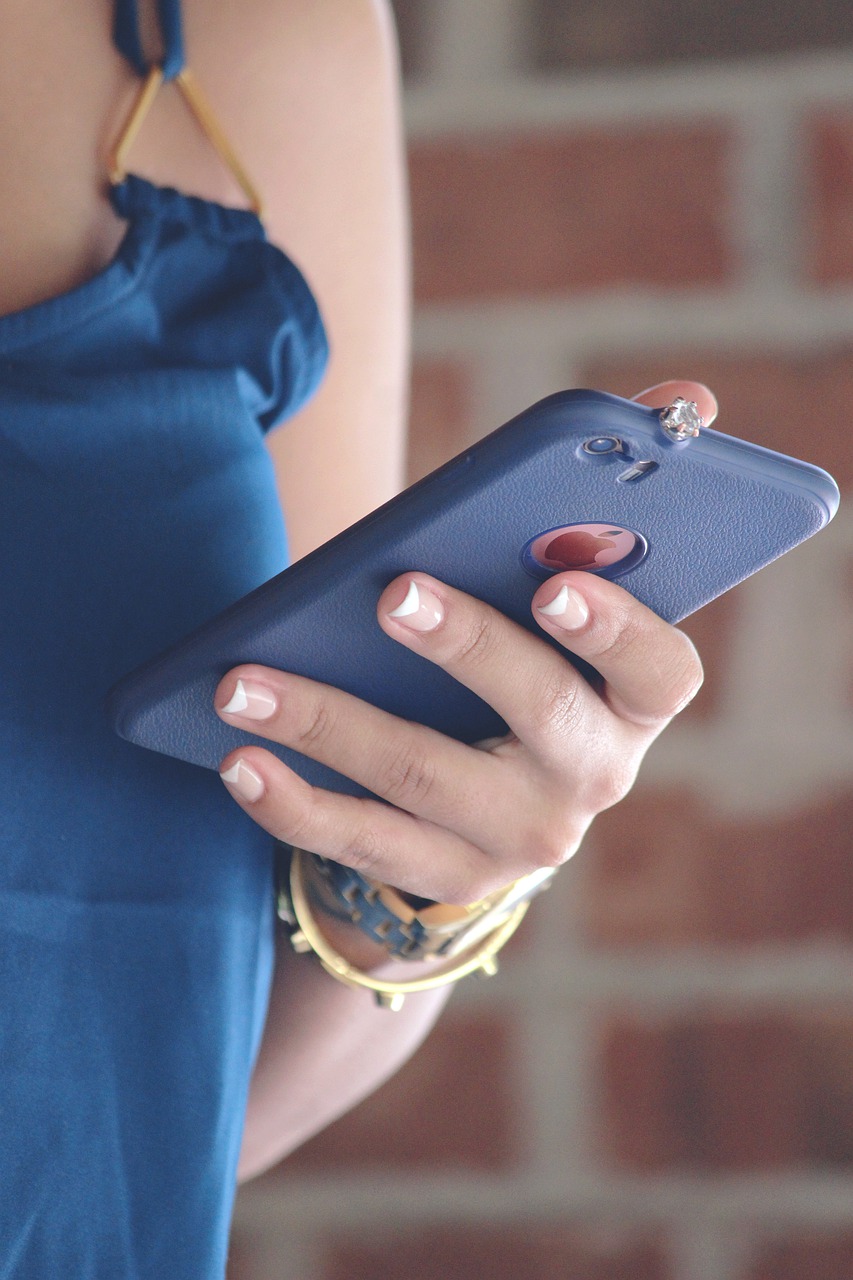
We’ve become a society of scrollers. You simply have to look no further than the path you’re walking on, the café you’re queuing up in for your latte-to-go, or the restaurants you’re eating out in to see it. In fact, there are few areas of our lives where smart phones and devices have not permeated.
The era of the smartphone is a complex one. On the one hand, there are immeasurable benefits to having all the power of a computer and world wide web in the palm of our hands. We can achieve goals and work in newer, easier ways, it has opened up vast opportunities in all aspects of our lives, allowed us to stay connected especially during the last two years, and has generated giant leaps in technology that has benefited many groups of people who would otherwise be disadvantaged.
However, as the superheroes keep telling us, ‘with great power comes great responsibility,’ and owning a smartphone certainly brings with it lots of potential pitfalls.
Why is it bad for you?
Smart phones, devices and smart technology are not ‘bad for us,’ as such, however, we are increasingly living our lives looking down at a phone instead of looking around at what’s happening in real life. Our children are growing up in a switched-on world, watching the grownups live their lives locked onto the devices in their hands. Studies have shown that smart phone addiction is a real phenomenon and responding to notifications and logging onto social media apps can have the same effect as gambling on the brain. It can lead to people having shorter attention spans, unable to enjoy simple things like reading a book, watching a film, or enjoying a meal out, without the presence of the phone in the mix. An over dependence on smart phones can lead to feelings of depression, poor sleep, and a lack of focus.
How can you reduce it?
Like anything in life, it starts with a will. Setting some limits on the whole family’s smart phone usage is a great place to start and yes that means you will have to set an example and put it down too. Try to have a rule of no scrolling at the dinner table. A lights-out time for devices is a great idea and insist on keeping them downstairs and out of the bedrooms at night-time. Turn off your notifications so that you don’t feel you have to keep interrupting your flow every time you receive an alert.
Lots of little actions during your day will help to build up an overall reduction in scrolling. Instead of texting a friend, why not call them. When watching a film, leave your phone in another room. Use a clock radio for your alarm instead of your phone.
If you want to jump in at the deep end, why not try a digital detox for a set period and take up a new hobby instead.
Alternatives to scrolling
There are lots of alternatives to scrolling, ones which will prove to be much more positive for your overall mental and physical health.
Sports of course are a big one, but even a simple walk will do. It’s about getting away from scrolling and looking up at the world around you. Gratitude journaling is a great way to do this. Instead of scrolling, at the end of the day, why not journal about the things you were grateful for during the day. Start small and watch it build up and see the improvement in your mood and outlook on life.
Reading a book instead of reading on your phone, taking up a class or new hobby, going to the gym or meeting friends without having your phones on the table.
There are literally dozens of ways to get yourself offline and into the real world, you just have to put your phone down and do it.
If you’d like to know more about our collection of beautiful, guided journals and letter writing sets, then why not head over to our online store www.mojoandco.ie or feel free to contact us info@mojoandco.ie.


